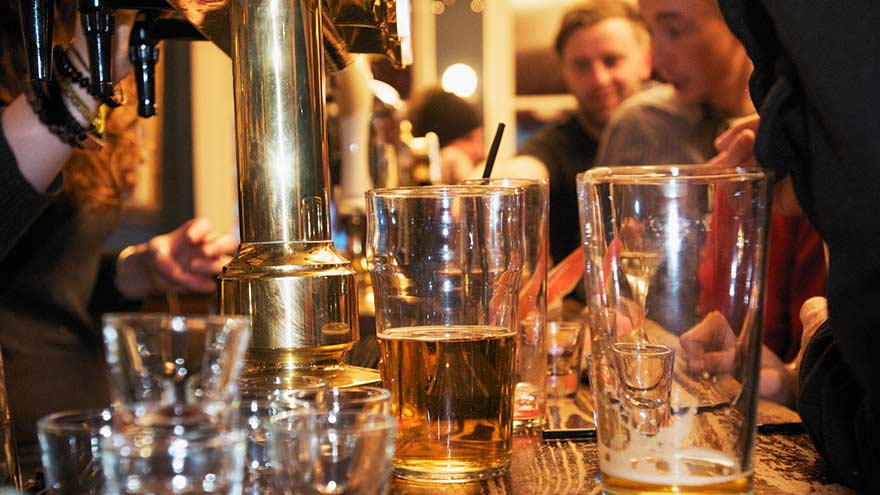What is Disordered Drinking?
By: Renown Wellness Team
January 11, 2023

An alcohol problem can affect anyone at any age. Many factors, including job stress, genetics or depression, may contribute to the start of disordered drinking.
Drinking alcohol exists on a continuum. For example, if someone feels down in the dumps for some time, it doesn’t mean they are clinically depressed. So if someone goes through a period with above-normal alcohol consumption, it doesn’t necessarily mean they abuse alcohol.
Although “alcoholic” and “alcoholism” are common, they are not clinical descriptions. Alcohol use disorder is the preferred term. Symptoms are often mild but can be the start of a more significant problem. According to the National Institutes of Health (NIH), over 16 million adults live with alcohol use disorder.
Symptoms of Alcohol Use Disorder
Do you recognize any of the following symptoms in yourself or someone you know?
- Drinking more or longer than intended
- Trying to cut down or stop drinking but not able to
- Having to drink more than you once did to get the same feeling
- Being annoyed when family members discuss your drinking
- Regretting your behavior while you were drinking
New Patient Scheduling
Take control of your care with our easy guest scheduling. From primary to pediatric care, your family is in good hands.
Alcohol Health Risks
Studies show there is no safe level of alcohol consumption, as the negative effects outweigh any health benefits. Harmful drinking can cause the following health problems:
- Depression
- Social problems
- Alcohol-related accidents
- High blood pressure
- Heart disease
- Various types of cancer
- Sleep loss
- Liver disease
According to the National Institute on Alcohol Abuse and Alcoholism there is a difference between heavy drinking and binge drinking.
- Heavy drinking: Having more than seven drinks per week
- Binge drinking: Having over four drinks within two hours
If you're worried about alcohol overuse, consult a doctor or addiction service. The Substance Abuse and Mental Health Services Administration (SAMHSA) has 24/7 helpline available for treatment referrals: 1-800-662-HELP (4357).
